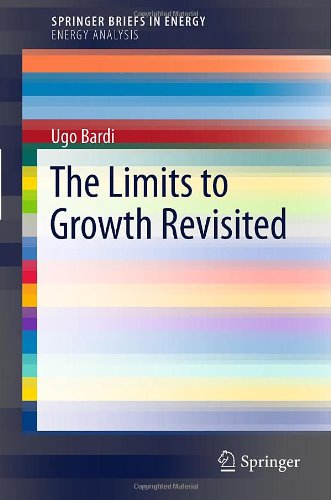

Most ebook files are in PDF format, so you can easily read them using various software such as Foxit Reader or directly on the Google Chrome browser.
Some ebook files are released by publishers in other formats such as .awz, .mobi, .epub, .fb2, etc. You may need to install specific software to read these formats on mobile/PC, such as Calibre.
Please read the tutorial at this link: https://ebookbell.com/faq
We offer FREE conversion to the popular formats you request; however, this may take some time. Therefore, right after payment, please email us, and we will try to provide the service as quickly as possible.
For some exceptional file formats or broken links (if any), please refrain from opening any disputes. Instead, email us first, and we will try to assist within a maximum of 6 hours.
EbookBell Team

0.0
0 reviews“The Limits to Growth” (Meadows, 1972) generated unprecedented controversy with its predictions of the eventual collapse of the world's economies. First hailed as a great advance in science, “The Limits to Growth” was subsequently rejected and demonized. However, with many national economies now at risk and global peak oil apparently a reality, the methods, scenarios, and predictions of “The Limits to Growth” are in great need of reappraisal. In TheLimits to Growth Revisited, Ugo Bardi examines both the science and the polemics surrounding this work, and in particular the reactions of economists that marginalized its methods and conclusions for more than 30 years. “The Limits to Growth” was a milestone in attempts to model the future of our society, and it is vital today for both scientists and policy makers to understand its scientific basis, current relevance, and the social and political mechanisms that led to its rejection. Bardi also addresses the all-important question of whether the methods and approaches of “The Limits to Growth” can contribute to an understanding of what happened to the global economy in the Great Recession and where we are headed from there.